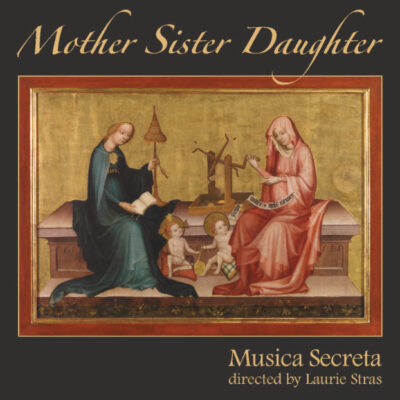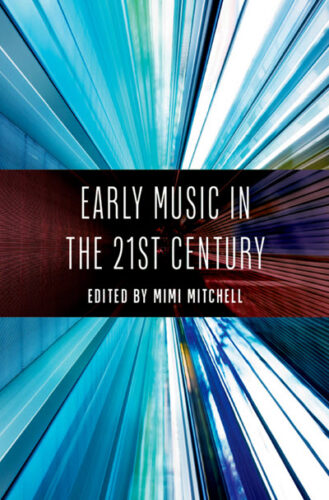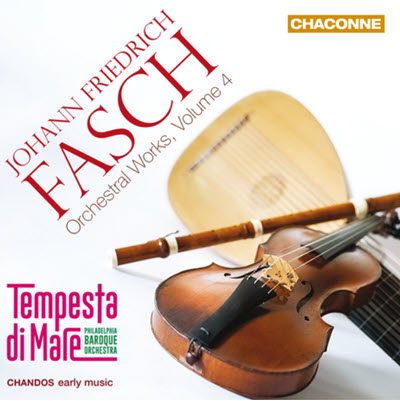by Karen Cook
Published September 5, 2022
Mother Sister Daughter. Musica Secreta, Laurie Stras, director. Lucky Music LCKY001

A few years ago, the ensemble Musica Secreta released an album of motets that the group’s director, British musicologist Laurie Stras, proposed had been composed by Leonora d’Este—nun, abbess, and daughter of the infamous Lucrezia Borgia. On this latest album, the ensemble revisits this territory. As the title suggests, they tackle repertoire that fleshes out women as members of their communities, but also controlled by their proximity to their male relations: Mother, Sister, Daughter.
Here, Stras has continued her painstaking musicological discoveries. Stras studied a manuscript called Biffoli-Sostegni, named after the two nuns whose names are found on its bindings. Noting that it contained works specific to the Feast of St. Clare, she investigated the convent of San Matteo in Arcetri, just outside Florence, and found the two nuns in its records. But that isn’t all she found. Much as she had earlier sussed out Leonora’s musical importance, here she discovered another musical daughter of a famous parent—Maria Celeste, the illegitimate daughter of Galileo Galilei.

The two sets of Vespers for the Feast of St. Clare are included on this album, where the ensemble has chosen to interject the chant antiphon and the doxology in order to break up the constant stream of high-voiced polyphony. Of these, the Hanc et papa Gregorius contains some of the most stunning polyphony on the album, while the concluding Duce caelesti numine features some intriguing harmonic twists.
The group also include a strikingly similar, albeit shorter, set of Vespers for St. Lucy, as well as several Mass movements and motets that speak to particular women, whether sacred or secular. For example, the standout Ave mater matris Dei, attributed to Jean Mouton, might have been presented by Margaret of Austria to Queen Anne of Hungary. Maistre Jhan’s gorgeous Ecce amica mea, a highlight of the album, might well have been written for Leonora d’Este, who makes an authorial appearance here as the likely composer of two motets, Vespere autem sabbati and Virgo Maria speciossisima.
Other works were contrafacted by the women in the convent, repurposed for new contexts: Juan de Anchieta’s Rex autem David, here performed by solo voice and harp, becomes Mater Christi cooperto capite, and references to David and Absalon are replaced by ones to Jesus and Mary. The physical recording ends with a stunning new work commissioned by the ensemble: Joanna Marsh’s The Veiled Sisters, for six soaring voices, organ, and viol.
Online, though, two free additional vernacular pieces are available: Avès poinct veu la malheureuse borrows a text from Marguerite of Navarre that warns against rejecting God, while in Aen mijn Suster, Martha Baerts sings of her deceased colleague Betken van den Houte, beheaded along with her maid for her Anabaptist leanings.
The album is about musically creative women, of all sorts, and so too is it presented. This album is a deliberate exploitation—in the best meaning of the word—of the various timbres and sounds of the ensemble’s voices and instruments. The variety of voice types, most clearly featured in the interspersed plainchant, adds a welcome human touch, opening a window into the lived realities of these communities of women and reminding us that their relationships with one another were deeply personal. It’s a phenomenal new recording, as solid in its scholarship as it is in its musicianship, and is an absolute must for every fan of Renaissance polyphony.
Karen Cook specializes in the music, theory, and notation of the late medieval and early Renaissance periods. She is assistant professor of music at the University of Hartford in Connecticut.
More CD Reviews:




